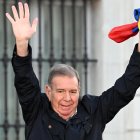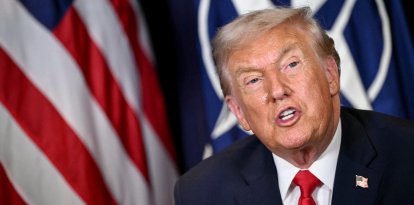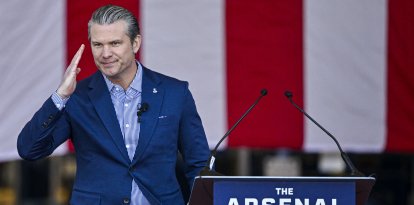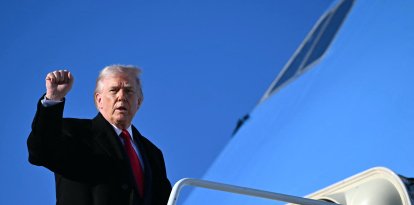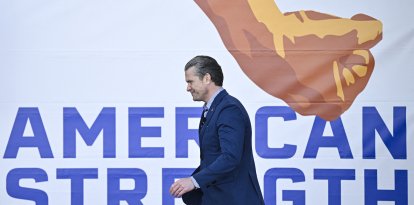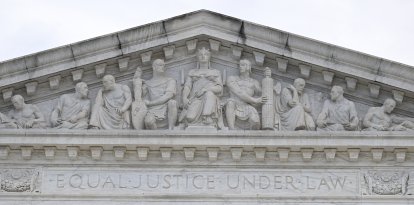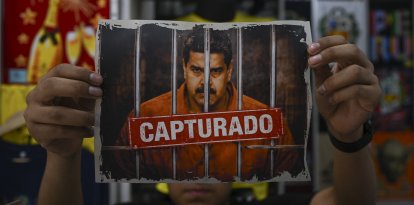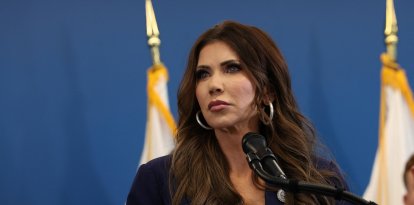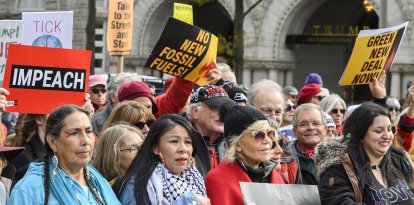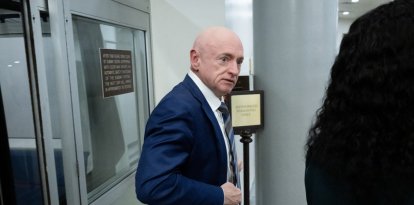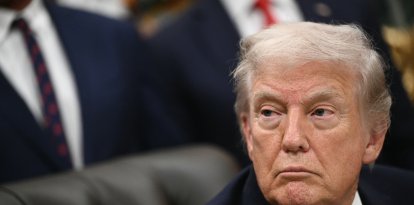US oil executives try unsuccessfully to persuade Trump to make a deal with the Maduro regime
The emissaries suffered a setback after the president-elect chose Cuban-American Senator Marco Rubio as Secretary of State.

Dictator Nicolas Maduro in a file photo
U.S. oil executives are trying, unsuccessfully, to persuade President-elect Donald Trump to make a deal with Venezuela's "strongman": socialist dictator Nicolás Maduro.
According to an exclusive report from the Wall Street Journal, oil businessmen are trying to convince Trump to change his approach to Venezuela from his first administration. These executives claim that if Washington seeks a deal with Caracas, it will get more oil and fewer illegal immigrants, as Maduro could agree to receive flights of deportations in exchange for a big geopolitical win and a less aggressive approach from the White House.
However, Latin America experts indicate that a deal with Venezuela would be ineffective and counterproductive to Trump's goal of curbing illegal immigration, as various studies indicate that most Venezuelans are willing to flee the country if the dictator remains in power.
The report indicates that one of the men who most urged Trump to negotiate with Maduro is Harry Sargeant III, a Republican Party donor magnate who, according to the newspaper, is "known for playing golf at Trump’s Mar-a-Lago club one day and jetting off to Caracas the next."
Sargeant III is one of the many businessmen who benefited from the Biden administration's oil sanctions relief for the Maduro regime. Last week, at the Port of Palm Beach, he landed a shipment of Venezuelan asphalt from Global Oil Terminals, part of a Florida conglomerate founded by the businessman who has tried to convince Trump of the benefits of negotiating with Maduro rather than deposing him from power.
In comments to the WSJ, Harry Sargeant IV, president of Global Oil Terminals and son of Sargeant III, stated that it is "indisputable that the renewed flow of high-quality, low cost Venezuelan asphalt to the U.S. has been a benefit to the American taxpayer."
However, so far, it appears that the president-elect has not paid much heed to the advice of pro-Maduro emissaries.
According to the report, the emissaries and the Maduro regime suffered a major setback after the president-elect chose Cuban-American senator Marco Rubio as Secretary of State.
The Florida senator is known for being a historic critic of socialist regimes in the region, including Venezuela. In fact, Rubio has been an ally of pro-democracy activists and opposition politicians in Cuba, Nicaragua and Venezuela and is a firm believer in the maximum pressure strategy to confront regional tyrannies.
The nomination of Rubio, who appears to have an easy path to Senate confirmation, is not the only sign that Trump will not change his views on Venezuela, according to the WSJ.
Rep. Mike Waltz of Florida, Trump's pick for national security adviser, has also been a historic critic of the Maduro regime and was recently a co-sponsor of a bipartisan bill passed in the lower House that prohibits Washington from hiring anyone who has business dealings with Maduro.
Waltz has also publicly praised Maria Corina Machado, the Venezuelan opposition leader who is currently in hiding due to constant threats from Maduro and his allies.
Machado, who has been leading an opposition effort to remove Maduro from power and recover democracy in the country, celebrated the appointments of Rubio and Waltz and congratulated President Trump on his triumph.
Ana Rosa Quintana, former Republican congressional advisor on Western Hemisphere affairs, said that while Trump will prioritize controlling migration and drug flows out of Venezuela, it is very difficult for him to fall into the "trap" of patronizing or appeasing Maduro.
On July 28, Venezuela witnessed an electoral fraud at the hands of Maduro and the country's National Electoral Council, which announced, without evidence, the dictator's "victory" over opposition candidate Edmundo Gonzalez, an until-then unknown diplomat who was endorsed by the disqualified Machado to be the face of the Venezuelan opposition at the polls.
Through an unprecedented effort, the Venezuelan opposition circumvented the obstacles of the socialist regime and succeeded in showing evidence that Gonzalez won the election by a wide margin of 2 to 1. However, Maduro and his allies closed ranks and, instead of acknowledging defeat, ordered a wave of savage repression against opposition politicians, activists and civilians.
Since then, Gonzalez, who went into exile in Spain, has been recognized by the U.S. and several countries as the elected president of Venezuela.





